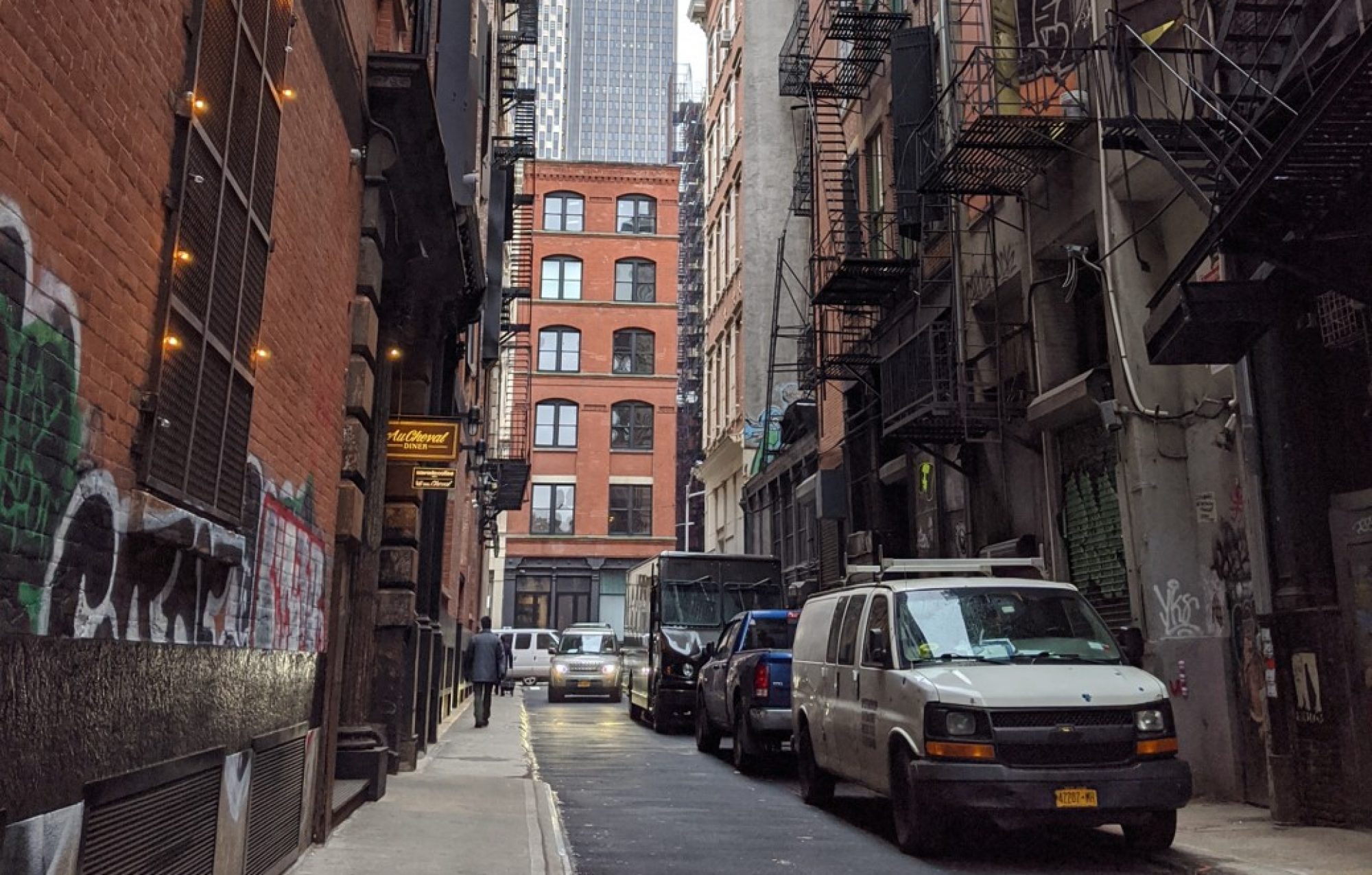COURSES AT SLACS
I also taught sociology courses on race and ethnicity, urban sociology, globalization, and consumption at HWS, Oberlin, and Hamilton Colleges. Those classes may have been listed in different titles. I am sharing course descriptions here.
SOC 345: Race, Ethnicity, and Immigration in Urban America
This class explores the roles of neighborhoods and communities in contemporary urban life in an era of globalization by focusing on ghettos and enclaves in U.S. cities. Early Chicago School scholars understood both ghettos and immigrant enclaves as poor inner-city spaces that isolated immigrants and people of color. However, today immigrant/ethnic enclaves are considered to be temporary platforms for assimilation based on ethnic solidarity, while ghettos are seen as inner-city neighborhoods where minorities get trapped in a cycle of poverty. Why are some minority neighborhoods viewed positively, while others are not? This course discusses both micro interactions between people in these spaces and macro structural forces such as migration, race and ethnicity, gender, and transnationalism and globalization that shape them. Students will seek answers for why these neighborhoods become stigmatized or celebrated, or both. Topics throughout the semester include the past and present development of ghettos and enclaves, immigrants and their communities, barrios, social inequality, racial segregation, public housing and urban politics, transnational communities, new ethnic communities, and gentrification. In addition to these broader topics discussed in class, we explore the local context by navigating the City of Utica as a city for immigrants and refugees.
The urban experience in the U.S.
According to the U.S. Census Bureau, 80.7% of the U.S. population lived in urban areas in 2010. Cities are thus prime research sites to analyze everyday 21st-century American life, as many of Americans’ identities and daily lives are strongly tied to urban spaces and shaped by their economic, social and cultural power. This course connects macro-level social processes, including global forces, politics and the economy to micro-level daily life among city dwellers. This course particularly focuses on contemporary urban issues in American cities, such as suburbanization, white flight, racial segregation, fiscal crises, urban branding, tourism in global cities, and gentrification.
Consumer society and culture: from global to local.
Shopping and buying are significant social actions, and we use them to analyze various aspects of contemporary society. Our daily lives as consumers shape how we identify ourselves, yet at the same time our choices are shaped by market politics, class, gender, and race. This course examines links between the global and local levels to understand how global flows of economy, culture and people have changed our choices of goods and services in the U.S. Topics include the global commodity chain, commodity fetishism, corporate responsibility for labor, consuming ethnicity, and global consumer movements.
SOCI 143. Introduction to Sociology: Understanding American society from a global perspective
This course is designed to give students a broader understanding of individual actions in the social context, using what sociologist C. Wright Mills calls a “sociological imagination.” Throughout the semester, students will learn to apply their sociological imagination by setting aside preconceived ideas about social relationships, and analyze how external social factors, like class, race and ethnicity, gender, education, and community, shape people’s lives. This course highlights the role of transnational/global flows of people, capital, culture and economy, and encourages students to reimagine our everyday lives in American society by connecting global forces to local contexts.
SOCI 200. Honorary Whites or Forever Foreigners?: The Contemporary Asian-American Experience
How do race and culture determine who belongs in a nation? And how can ethnic minorities be perceived simultaneously as “model minorities” or “honorary Whites” given a higher economic and educational status, while still seen as forever foreigners? We will seek out answers to these questions by investigating how Asian Americans have strived for social inclusion in the U.S., while being ethnic, by highlighting the intersection of race, glass and gender. Major themes include assimilation debates; media portrayals; family and interracial marriage; transnational and transracial adoption; interracial conflict; pan-Asian identity; transnational connections; and ethnic business and consumption.
SOCI: 461. Seminar: Reimagining immigrant/ethnic enclaves in an era of globalization
Some sociologists understand immigrant/ethnic enclaves as temporary platforms for assimilation, based on ethnic solidarity, while others argue that ethnic solidarity is a myth. Such debates have historically dominated sociological understanding of ethnic neighborhoods/enclaves. But more recently many sociologists and urban scholars have highlighted the emergence of new ethnic enclaves, and their global and transnational circuits of culture and capital and direct and indirect ties to motherland. This course is designed to understand and reimagine immigrant/ethnic communities by locating these enclaves in global/transnational/cosmopolitan/multicultural contexts; and to explore how and why diverse ethnic groups have maintained distinctive cultures within their community.
